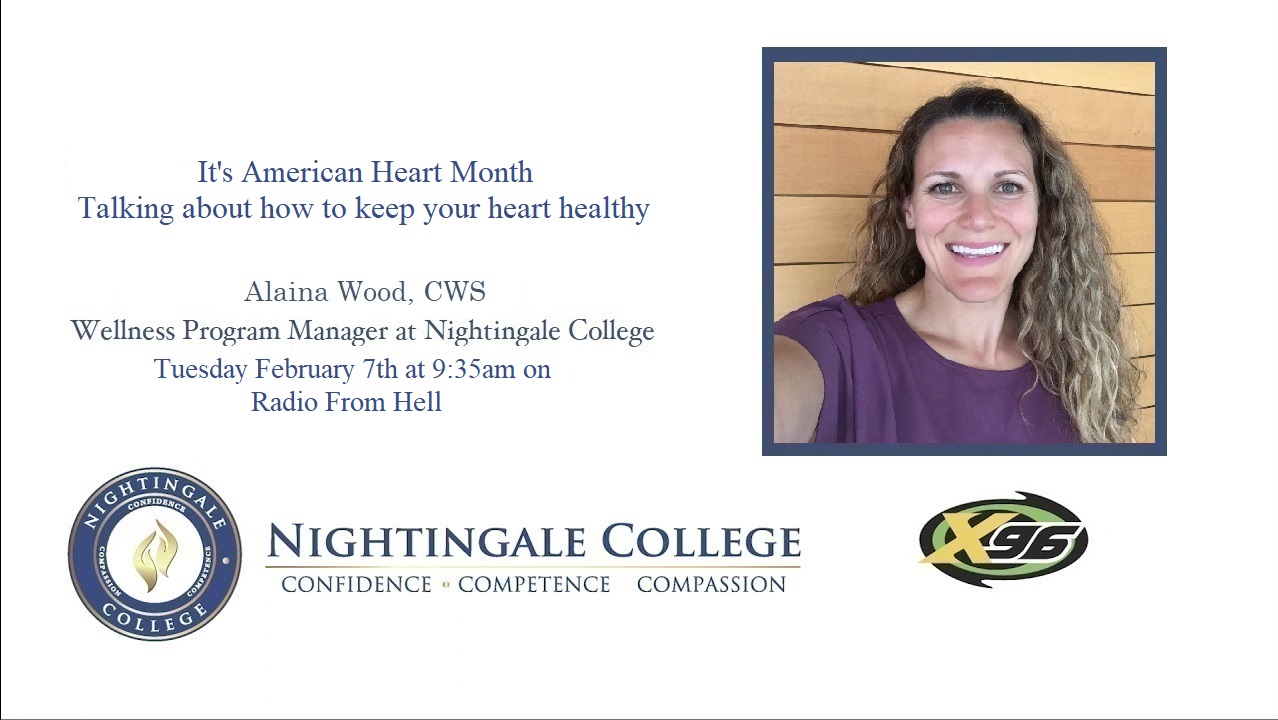
How to keep your heart healthy (American Heart Month)
February is American Heart Month a great time to focus on your heart health and its impact on your overall well-being. Risk factors such as uncontrolled high blood pressure (hypertension) and high cholesterol can put you at risk of heart disease, stroke, and other life-threatening illnesses. One in every three deaths in the United States is related to cardiovascular disease, and about one in every two adults has hypertension. Although these stats sound alarming, there is a lot we can do to keep our hearts healthy. The American Heart Association has recommended Life’s Essential 8 to our hearts and ourselves healthy.
1. Eat Better
a. Eating a variety of fruits, vegetables, lean protein, nuts, and seeds can help improve your heart health.
2. Be More Active
a. Try to get 2.5 hours of moderate or 75 minutes of vigorous activity each week. Incorporating strength training, cardio, and yoga into your life can help boost your mood and your health.
3. Quit tobacco
a. Smoking and other forms of tobacco use cause many health problems, including heart disease.
4. Get Healthy Sleep
a. Most adults need 7-9 hours of sleep each night. Getting enough sleep helps the body heal, improves brain function, and helps stave off heart (and other chronic) diseases.
5. Manage Weight
a. Engaging in heart-healthy habits may lead to changes in body composition such as increased muscle mass and a healthier weight. These heart-healthy habits could include being more active, getting adequate sleep, and adding variety to your diet.
6. Control Cholesterol
a. High levels of HDL cholesterol can lead to heart disease. Increased physical activity and changes in your diet can help to improve cholesterol levels. Your primary care provider can help you monitor these levels.
7. Manage Blood Sugar
a. Much of the food we eat is turned into glucose in the body and used as energy. When the glucose levels in our body are too high, it can cause damage to our internal organs and lead to diabetes. You can manage blood sugar levels through adjustments to your diet and partnering with your primary care provider.
8. Manage Blood Pressure
a. Optimal blood pressure levels are those below 120/80. Physical activity, mindfulness practices, stress management, and adequate sleep can all help to manage blood pressure levels. Tracking blood pressure over time can help you to know if your levels are too high or too low.
These essential eight can help to add quality years to your life. To make long-lasting changes to your health and wellness try taking on one new habit at a time, trying to take on too much at once can lead to feelings of overwhelm and even burnout.
https://www.heart.org/en/healthy-living/healthy-lifestyle/lifes-essential-8 https://www.cdc.gov/heartdisease/american_heart_month.htm#:~:text=February%20is%20American%20Heart%20Month,for%20heart%20disease%20and%20stroke. https://www.cdc.gov/heartdisease/about.htm https://www.cdc.gov/heartdisease/american_heart_month_patients.htm










